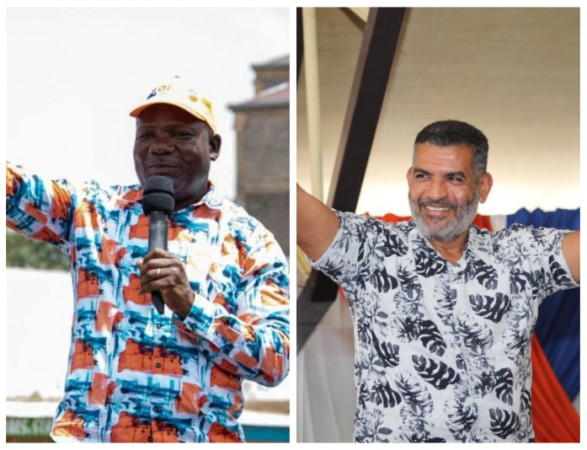Gubernatorial election suspension did not suppress voters, court rules
By Bernice.Mbugua, September 27, 2022Postponement of gubernatorial elections in Kakamega and Mombasa counties by the Independent Electoral and Boundaries Commissioner (IEBC) did not affect the presidential election outcome.
In the full judgment, the apex court dismissed the allegations that the IEBC had deliberately postponed the election to suppress voter turnout in the affected areas, terming them a ‘red herring’.
The presidential election petition had been filed by Azimio La Umoja presidential candidate Raila Odinga and his runningmate Martha Karua and six others. They were later consolidated to one.
Referring to documentary evidence adduced by the IEBC and its chair Wafula Chebukati, the Court noted that voter turnout in the August 9 election was the lowest since the reintroduction of multiparty politics in 1992.
The Supreme Court bench was satisfied that the IEBC was clothed with the requisite constitutional and legal power to postpone the elections in the affected counties, constituencies and wards.
The seven Supreme Court judges also unanimously found no evidence that the postponement had resulted in any disadvantage to Odinga, maintaining that the postponement could not have been the sole reason for the low voter turnout.
“The petitioners have not only failed to present any evidence to prove that the postponement led to suppression of voter turnout, but also to show that the postponement was actuated by malice or bad faith or that it was influenced by irrelevant factors and considerations,” the judgement reads.
Finding no valid grounds for the allegations, the bench dismissed the petition, holding that the low turnout could not be attributed to the postponement.
The judges stated that the Odinga and Karua’s claim failed because they failed to demonstrate that the IEBC had no authority under the Constitution or in law to postpone the elections.
The claim that the postponement was orchestrated to suppress voter turnout also failed, as the petitioners failed to adduce evidence of reduction of Odinga’s votes in favour of President William Ruto.
The Court found that the petitioners had failed to discharge the burden of proof by providing empirical evidence of voter suppression, attributing the low turnout to other possible variables. The bench was satisfied with the rebuttal made by the IEBC.
More Articles

